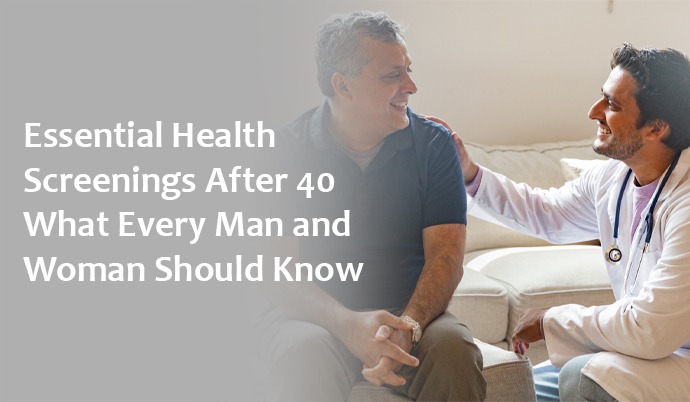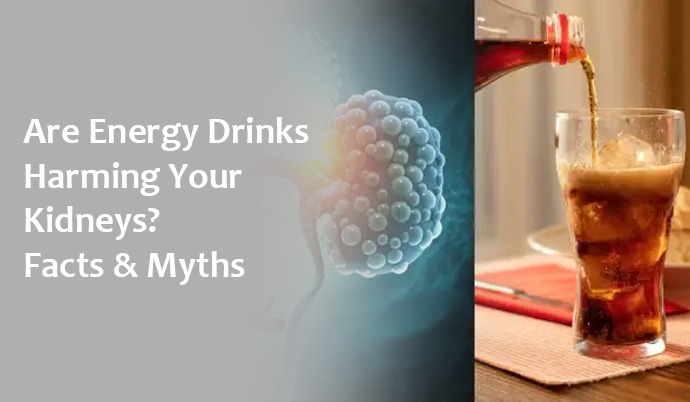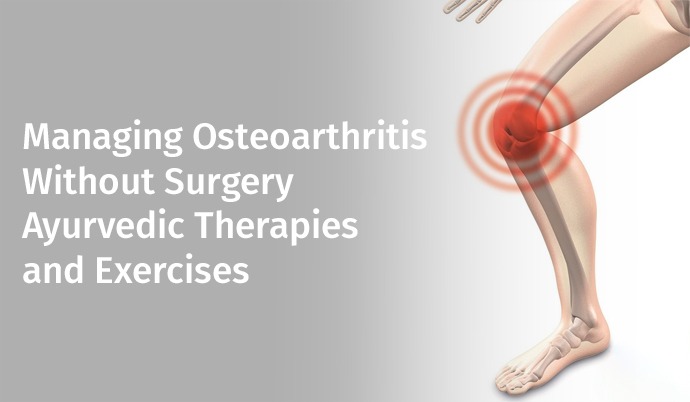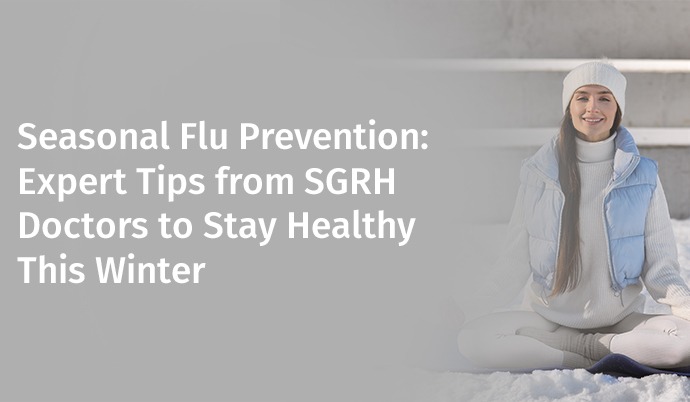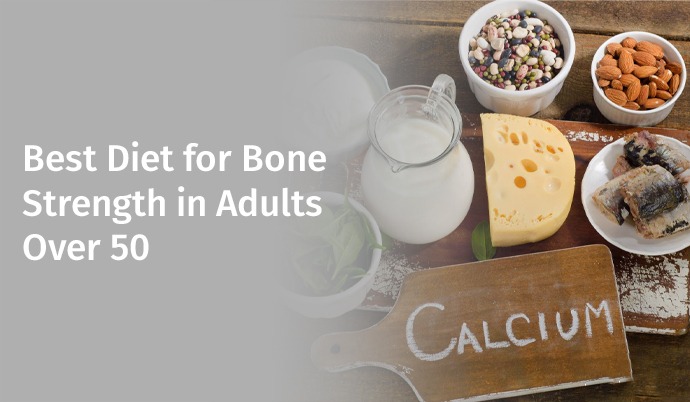
However, here is the good news: your diet for bone health can be a powerful weapon to help preserve your bones, avoid future fractures, and continue to move freely into a whole new round of years ahead. There is just no need to bust out the powders and supplements quite yet; all you need is an intellectually sound diet for bone strength foods on your plate. What are your bones really hungry after 50, and how can you feed them something tasty, healthy, and substantial? Let us get into it!
What is the Best Diet for Bone Strength After 50?
A bone-healthy diet should include:
Let’s have a look in detail.
Which Foods Are High in Calcium for Bone Health?
You did know this one was coming, though, right? The mineral literally makes up your bones is calcium. With age, your body will need it less efficiently, which makes what you consume every day more important than ever to have. What is your requirement? Younger adults aged 50 are supposed to take 1,200 mg of calcium daily. Best sources:
Break your calcium into small doses throughout the day; your body will absorb it more efficiently. All of these form a great base for your diet for bone density.
Why is Vitamin D Important After 50?
Vitamin D can be regarded as your calcium guy. In its absence, calcium will not get to your bones, wherever you take it. Unluckily, indoor occupations and sunscreen result in up to 80% of the Indian adults over 50 being Vitamin D deficient. You can get it through:
In case it is prescribed by your doctor, supplements should be used. Besides strengthening the bones, it enhances muscle strength, thereby curbing the risk of falls caused by vitamin D. It's a crucial part of any diet for bone strength after 50.
How Much Protein Do Older Adults Need for Bone Strength?
Bones themselves are approximately 50% protein in measure, so should your diet be protein deficient, you are essentially starving your bones out of their frame. Recommended intake: Approximately 0.8-1 g per kg body weight in the elderly. Best sources:
To your protein, add calcium-rich foods to maximise the benefit - paneer bhurji + ragi roti would be a great combination! This type of plate makes a brilliant diet for bone density and overall wellness.
Why Do Magnesium and Zinc Matter for Bone Density?
Magnesium and zinc are in the news less, and both are necessary for bone mineralisation and bone cell development.
Magnesium-rich foods:
Zinc-rich foods:
What if you experience not only poor appetite, slow healing and thinning of your hair, but also pain in the bones? Your zinc level needs help. Include these in your diet for bone health plan to avoid deficiencies that sneak up silently.
What Role Does Vitamin K2 Play in Bone Strength?
Vitamin K2 guides the calcium to the bones and not the arteries (yes, even calcium gets misplaced). It is particularly useful in helping decrease the danger of a fracture. Sources include:
Do not like such foods? It is not a problem, you can cope through the supply of non- monotonous diets containing leafy vegetables and fermented products. It's a secret superhero in any diet for bone strength regimen.
How Does Potassium Protect Bones?
Our bodies acidify as we get older, becoming more and more inflamed-thanks to processed food, caffeine, and stress. Bones may lose calcium as a result of this acid leaching out. This is neutralised with the aid of potassium. Top sources:
Not only is a banana or bowl of sabzi prepared with sweet potato delicious, but it also saves bones as well. These are not just potassium-rich foods—they are essentials in a well-rounded diet for bone density.
What Foods Should Adults Over 50 Avoid for Bone Health?
In moderation, of course, except perhaps your bones, which would say, and say emphatically, "Rich in cola; Don't take a second soda." Protect yourself with a mindful diet for bone health every day.
Meal Plan to Strengthen Your Bones
Finally, there is nothing petrified about bones, age-wise; they do not even have to break! When people talk about diet for bone health and strength, it is not necessarily by taking calcium pills; it is by feeding your body smoothly every day with balanced food, sunlight and exercise. A good skeleton is that you can continue attending those wedding parties and playing with the grandkids, or do those long strolls without any fear. Therefore, love your bones, since it has been carrying you throughout your life. For personalized guidance, the Department of Dietetics and Clinical Nutrition at Sir Ganga Ram Hospital is dedicated to helping adults over 50 maintain strong bones and overall wellness through tailored diet plans and expert care. Book an appointment today to take the first step toward healthier bones.
And for further care and assistance with your diet for bone strength and health, feel free to book an appointment at Sir Ganga Ram Hospital today.
FAQs on Diet for Bone Strength After 50
1. Does diet alone prevent osteoporosis after 50?
No. Diet plays a key role, but exercise, sunlight, and lifestyle changes are also important.
2. How much vitamin D do adults over 50 need daily?
Generally, 400–800 IU daily is recommended, but always check with a doctor.
3. Can vegetarians maintain strong bones without supplements?
Yes. With milk and milk products, ragi, tofu, sesame seeds, amaranth, lentils, and fortified foods, vegetarians can meet most needs.
4. What is the most important nutrient for bone strength?
Calcium and Vitamin D together are the most critical for bone density.
.jpeg)
